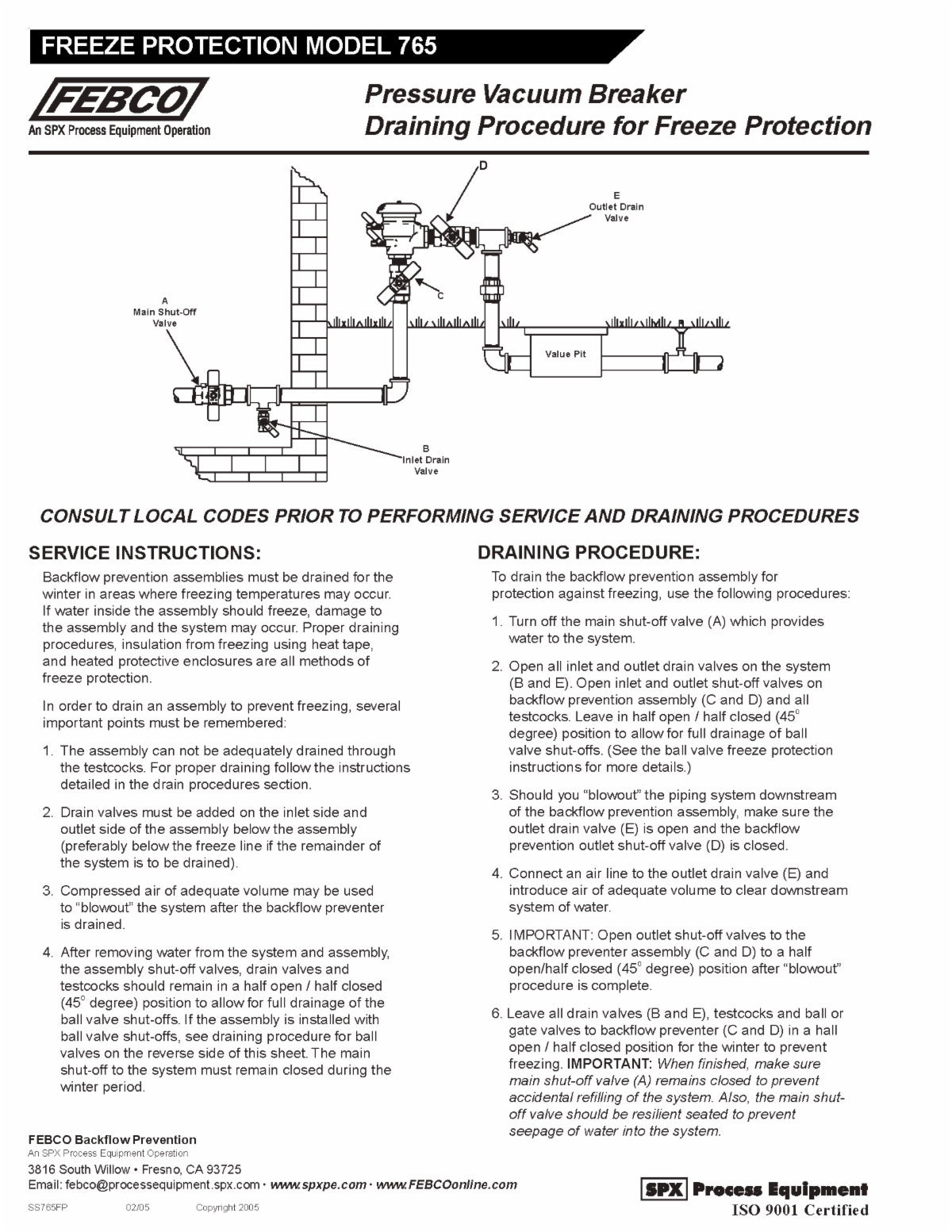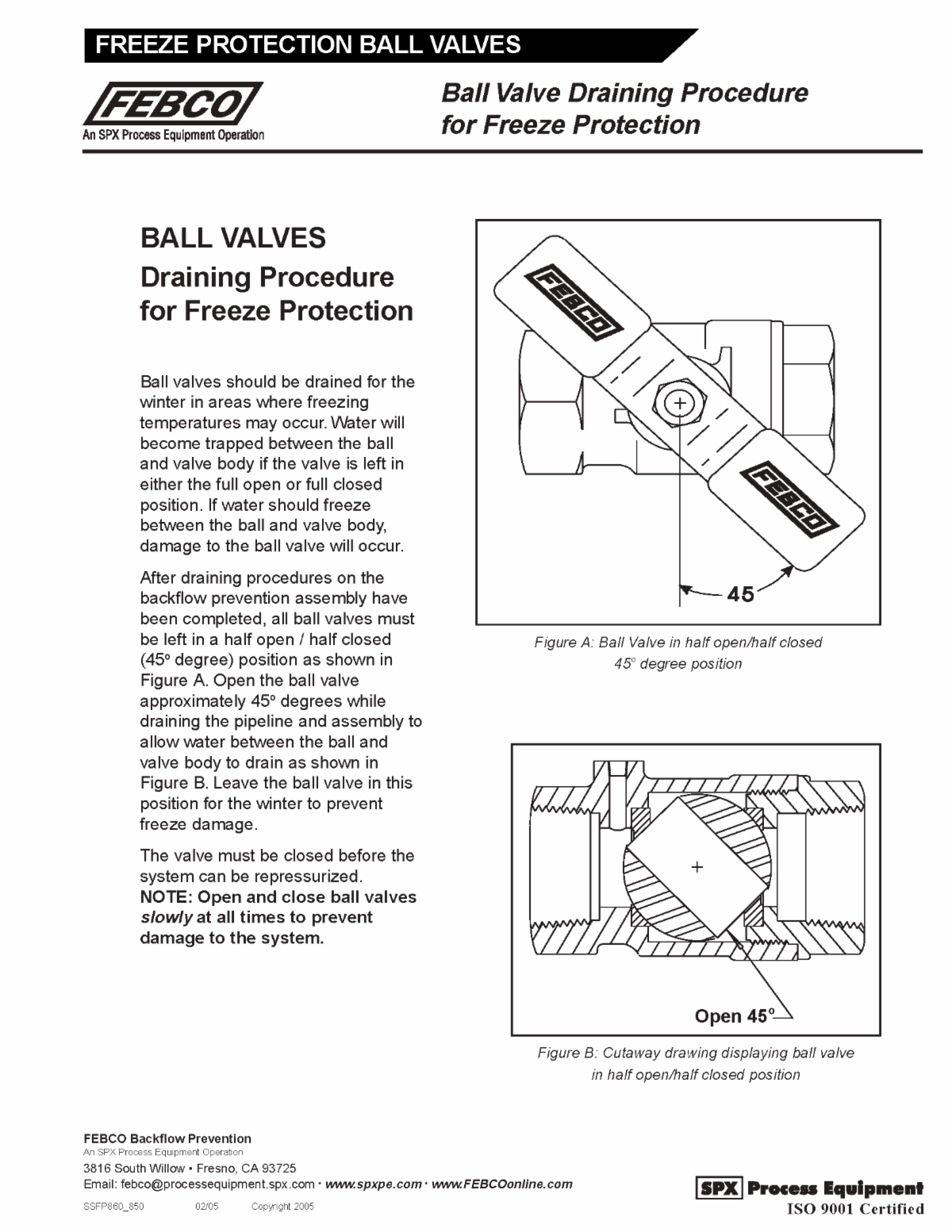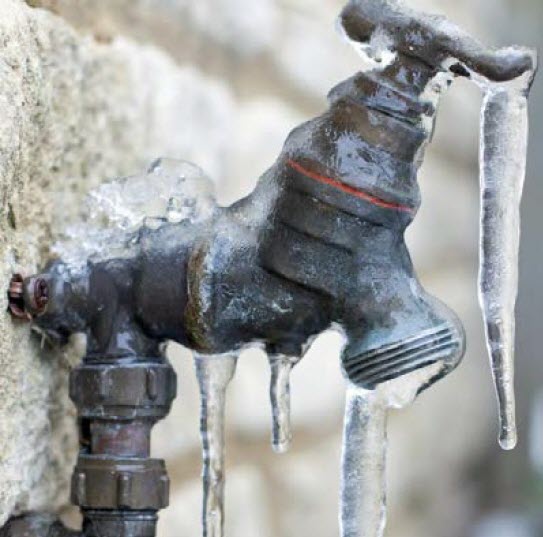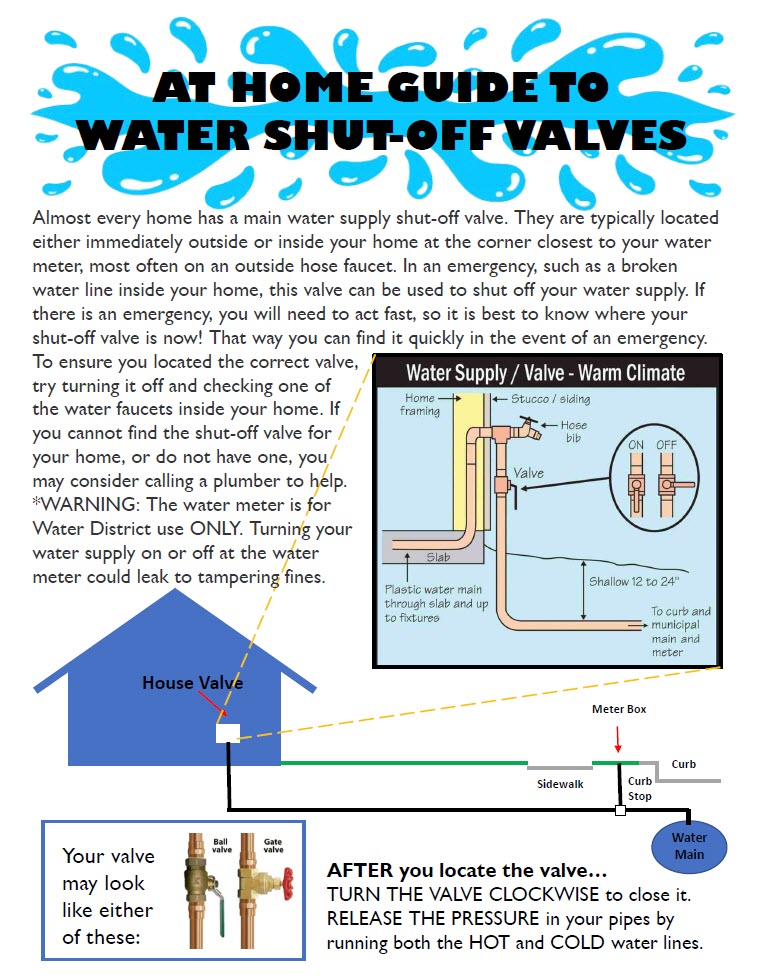Protect Your Pipes
Freezing conditions are expected this Thursday evening with low temperatures near below freezing. Be sure to protect your pipes!
Why Pipe Freezing is a Problem – Water expands as it freezes and pipes that freeze most frequently are those that are exposed to severe cold, like outdoor hose bibs, swimming pool supply lines, water sprinkler lines, and water supply pipes in unheated interior areas like attics, garages or kitchen cabinets. Pipes that run against exterior walls that have little or no insulation are also subject to freezing.
How To Prevent Your Pipes From Freezing
- Drain water from swimming pool and water sprinkler supply lines following manufacturer’s or installer’s directions.
- Remove, drain, and carefully store all hoses that are used outdoors.
- Both hot and cold-water pipes in unheated areas should be insulated. A hot water supply line can freeze just as easily as a cold-water supply.
- Consider installing specific products made to insulate water pipes like a “pipe sleeve” or installing UL-listed “heat tape”, “heat cable” or similar materials on exposed or susceptible to freezing water pipes.
- When the weather is very cold outside, let the cold and hot water drip from the faucet served by pipes that are susceptible to freezing. Running water through the pipe – even at a trickle – helps prevent pipes from freezing because the temperature of the water running through them is above freezing.
If you suspect that the plumbing may be frozen at the point where the pipe goes under the house or in the attic, it is safest to call a plumber as it may be cracked and burst when thawed.
In the event of an emergency, please contact our operator, Municipal District Services, at 281-290-6500. Water running in the street or buckled pavement are signs of a water main break and should be reported immediately.




